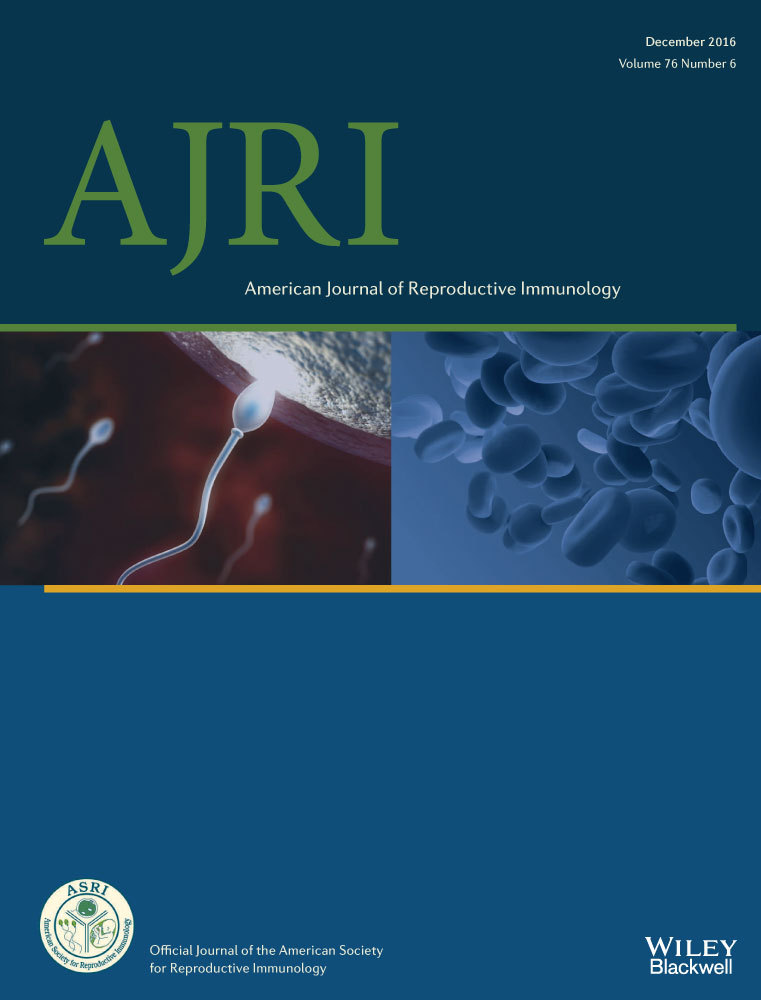Combinations and loads of bacteria affect the cytokine production by fetal membranes: An in vitro study
Funding information:
Department of Ob/Gyn at The University of Texas Medical Branch at Galveston (UTMB); São Paulo Research Foundation; FAPESP, Grant/Award Number: Grant 2012/17234-1; Department of Pathology, Botucatu Medical School, Univ. Estadual Paulista (UNESP); Coordination for the Improvement of Higher Education Personnel; CAPES, Grant/Award Number: BEX 3511/13-8
Abstract
Problem
The polybacterial invasion and inflammation of the amniotic cavity is a common scenario in PTB, and then, we analyzed the cytokine production by human fetal membranes to better understand the host response to polybacterial infections.
Method of study
Fetal membranes were treated by heat-inactivated genital mycoplasmas and Gardnerella vaginalis at 103 or 106 colony/color-forming units/mL alone or in combination. Cytokines/receptors were measured in the medium by immunoassays.
Results
Stimulation of genital mycoplasmas did not increase the proinflammatory cytokines, except Ureaplasma urealyticum that increased IL-8 levels. However, U. urealyticum and Mycoplasma hominis significantly increased IL-10 and IL-13 levels. G. vaginalis alone or in combination with genital mycoplasmas showed an increased proinflammatory and anti-inflammatory cytokines.
Conclusions
G. vaginalis sustain a proinflammatory response in the fetal membranes in vitro, while genital mycoplasmas induce a strong control of the inflammatory response. The ability of genital mycoplasmas to control the proinflammatory response may favor their survival in the upper genital tract.




